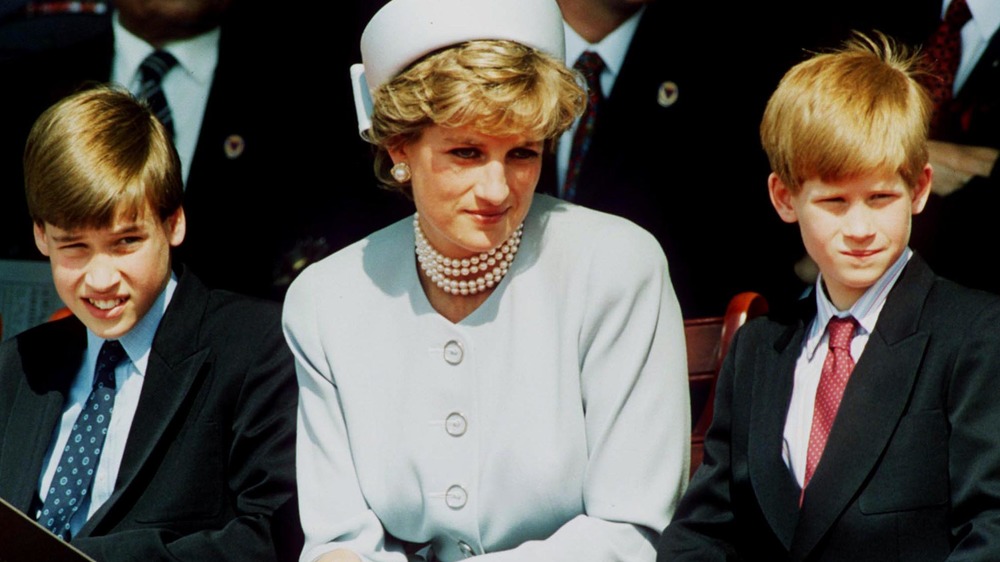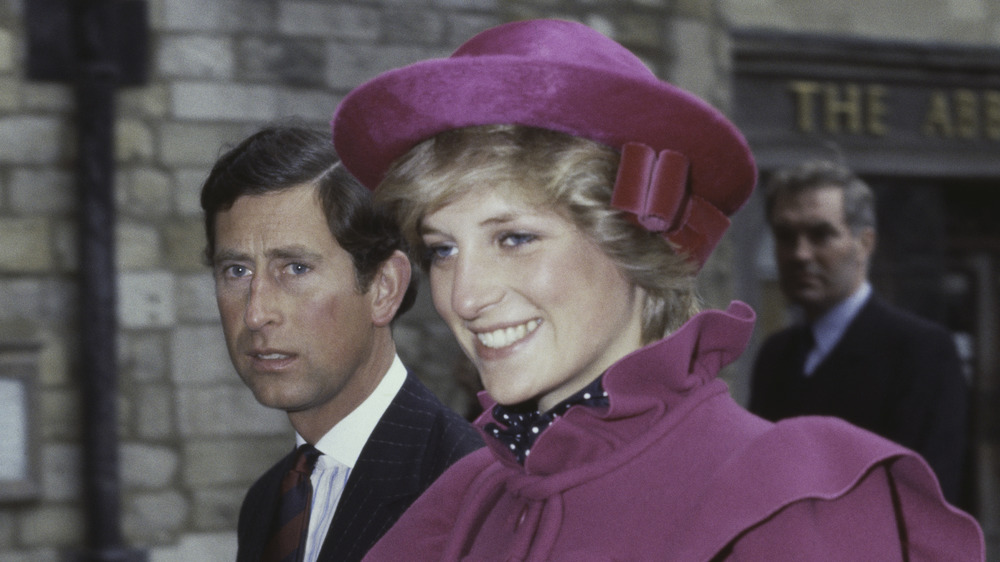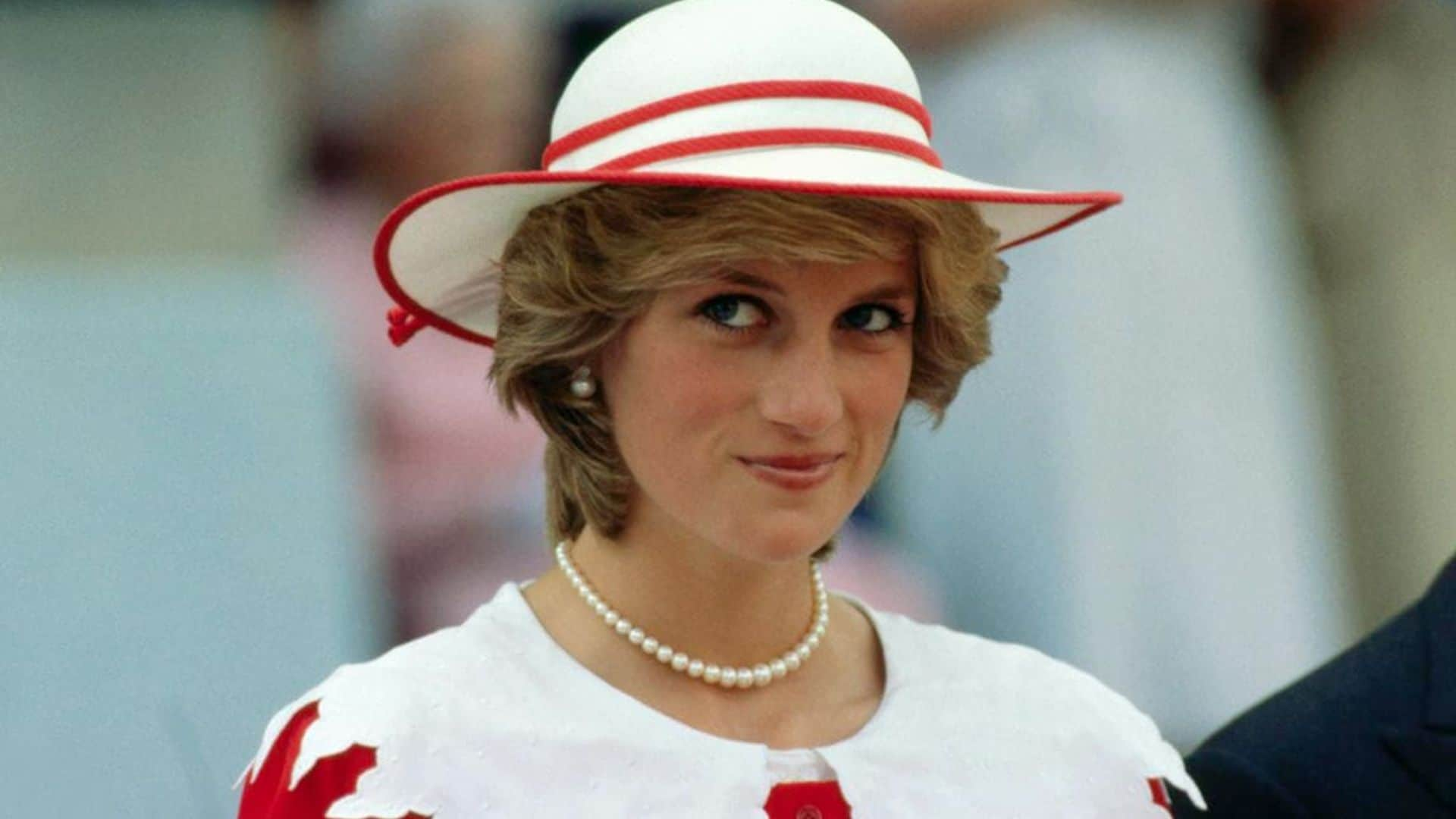Charlie Kirk, Jimmy Kimmel, and the High Price of a Divided America

On a warm September morning, as my taxi traced the edges of Utah Valley University, the view could not have been more serene. Golden light draped the foothills, the air was crisp with the promise of autumn, and students hurried across the lawns with books tucked under their arms. From a distance, it looked like the America we once took for granted: orderly, hopeful, at peace.
But on September 10, that same campus was transformed into something else entirely. It became the site of a political assassination that stunned the nation. Charlie Kirk, the fiery conservative activist and founder of Turning Point USA, was shot while addressing students. In an instant, the quiet campus turned into a stage for grief and outrage, its sidewalks marked not by the laughter of young people but by the tape and markers of a crime scene.
This single act of violence revealed far more than the tragedy of one man’s death. It exposed the brittleness of our politics, the venom of our divisions, and the haunting question of what happens to a democracy when the very act of speaking—whether on a campus stage or a television set—becomes perilous.
A Campus, a Country, a Collapse
Universities were once celebrated as crucibles of free thought. They were the places where ideas—sometimes clumsy, sometimes radical—could be tested against one another in the open air of debate. But in today’s America, even those spaces are battlegrounds.
Charlie Kirk was loved and loathed in equal measure. His supporters hailed him as a courageous defender of free speech, a man willing to face down elite orthodoxies. His detractors saw him as a dangerous provocateur, spreading division under the banner of liberty.
When Kirk fell that afternoon in Utah, it was not just a man collapsing. It was a metaphor for something larger: the collapse of tolerance itself.
Days later, the Senate voted to designate
The Kimmel Controversy
If Kirk’s assassination symbolized the lethal edge of political polarization, another controversy soon revealed its quieter, but equally dangerous, counterpart: the erosion of free expression.
In the days following the shooting, late-night host
By week’s end, ABC suspended Kimmel indefinitely. The pressure, it turned out, had come not only from angry viewers but from FCC Chairman Brendan Carr, who warned the network of “possible legal consequences” if they failed to act. The move was cheered by Donald Trump, who has made little secret of his desire to punish critical media voices.
The irony was bitter. At the very moment one man had been silenced by a bullet, another was being silenced by the weight of political interference.
Former President Barack Obama
His words raised the obvious question: what does it mean for a democracy when free speech itself becomes negotiable, subject to the mood of power?
Two Stories, One Warning
At first glance, Kirk and Kimmel could not be more different. One built his reputation on conservative fire, the other on liberal wit. One rallied students with slogans of patriotism; the other poked holes in politics from behind a desk in Hollywood.
And yet, their stories—one ending in death, the other in suspension—are threads of the same fabric. They show us a nation where disagreement has become existential. Where opponents are not simply debated but destroyed. Where violence answers speech, and government leans on media to silence dissent.
Both episodes point to the same uncomfortable truth: we are losing the art of living with difference.
A Democracy at Risk
For readers who grew up in another era, the pace of this unraveling may feel dizzying. Once, we imagined political disagreements as heated but survivable. Neighbors could vote differently, argue fiercely, and still share a meal. Universities were loud but safe. Television was brash but free.
Today, that feels almost nostalgic.
Instead, we see a landscape where every disagreement is magnified into crisis, every political foe into a mortal enemy. The center ground—those quieter, more forgiving spaces—has thinned.
And democracy cannot survive on outrage alone.
What future awaits a nation where a young man is shot for his politics, and a comedian is pulled from the air for his words? What happens when citizens fear one another more than they trust their institutions? The risk is not only political instability, but a deeper corrosion: the loss of the shared belief that differences, however sharp, need not destroy us.
A Final Reflection
As my taxi left the shadow of Utah’s mountains and turned toward Salt Lake City Airport, I carried with me the image of that campus: golden sunlight, calm students, an ordinary American morning.
Now, that memory feels haunted—by the sound of gunfire, by the silence of a suspended broadcaster, by the sense that the ground beneath us is less steady than we believed.
The stories of Charlie Kirk and Jimmy Kimmel are not just about a man and a comedian. They are about us—about the lines we are crossing, the voices we are silencing, the fragility of the civic bonds that once allowed us to live with our differences.
The question before us is not whether Kirk was right or wrong, or whether Kimmel went too far. The question is whether America still has the will to preserve the messy, imperfect, but essential freedom to disagree without destruction.
If we cannot, then the golden mornings will continue to darken. And we may look back, one day, and realize that what was lost was not just civility, or tolerance, or even laughter.
What was lost was democracy itself.
Princess Diana: The Quiet Rebel Who Changed the Monarchy Forever

For many, Princess Diana will always be remembered as the “People’s Princess” — radiant, compassionate, and unafraid to break with convention. Yet behind the dazzling photographs and royal titles, Diana’s true legacy was forged not in palaces but in moments of quiet defiance. She broke royal rules in ways that were deeply human, deeply maternal, and deeply revolutionary. Few realized it at the time, but each act of rebellion revealed not only her courage but her determination to reshape what it meant to be royal.
And among the four rules she broke, the last still surprises people today.
A Mother First, a Princess Second

When Diana looked at her sons, Prince William and Prince Harry, she didn’t see heirs to the throne. She saw two little boys who deserved a childhood filled with laughter, scraped knees, and the messy joys of ordinary life.
Royal tradition dictated otherwise. For centuries, heirs to the British crown had been privately educated in a carefully guarded world far removed from the public. But Diana refused to let history dictate the lives of her children. She insisted William and Harry attend a public school — a radical break from royal protocol.
On the morning William first walked through the gates of Wetherby School, photographers captured the moment, but what they couldn’t capture was the quiet revolution unfolding. For the first time in royal history, the future King of England carried a backpack like any other child, waved goodbye to his mother like any other boy, and joined classmates who weren’t aristocrats or princes.
It was a simple decision, but one that would ripple through generations, setting the stage for a monarchy that felt closer to the people.
Defying a Future King

By the early 1990s, Diana’s marriage to Prince Charles was unraveling under the weight of scandal and estrangement. Yet even as their relationship fractured, Diana refused to be silenced or diminished.
In 1993, when Charles attempted to bar her from attending a royal banquet, Diana made a bold choice. Rather than retreating quietly into the shadows, she picked up the phone and called the only person whose word could not be questioned: Queen Elizabeth II.
She didn’t ask Charles for permission; she asked the Queen for confirmation. And when Her Majesty gave her blessing, Diana attended. It was a moment that sent a shiver through Buckingham Palace. By openly challenging her husband — the future king — she proved she would not be relegated to the background.
In that defiance, the world saw not scandal but strength. For ordinary men and women who had felt powerless in their marriages or workplaces, Diana’s courage struck a chord. She embodied resilience, reminding millions that even within gilded walls, one could fight for dignity.
The Woman Behind the Tiara

So often, the monarchy appeared distant, draped in velvet and protocol. But Diana’s heart beat differently. She understood that humanity is not built in state banquets or military parades, but in the kitchens, the nurseries, and the quiet spaces where lives unfold.
Enter Darren McGrady, her royal chef. By tradition, the royal family and their staff lived in separate worlds. A strict hierarchy kept servants invisible and distant. But Diana shattered that barrier. She treated McGrady not as a servant but as a friend.
She would slip into the kitchen for casual chats, barefoot, free of tiaras, pouring her own coffee as though she were any other young mother. Darren once recalled that Diana would often sit at the counter, laughing, sharing stories, and confiding in him about her struggles. In those moments, she wasn’t “Her Royal Highness.” She was simply Diana — vulnerable, warm, and profoundly human.
This quiet act of friendship broke one of the monarchy’s most rigid traditions: the separation between royalty and staff. To Diana, there were no walls. There were only people.
The Legacy of Her Defiance

What makes these four acts so powerful is not the drama of rebellion but the tenderness behind them. Diana wasn’t trying to ignite scandal. She was trying to humanize a monarchy that too often hid behind ritual.
By enrolling her sons in public school, she gave them roots. By defying Charles, she showed she had a voice of her own. By befriending her chef, she reminded us that kindness transcends titles.
And in doing so, she captured the hearts of millions in Britain, America, and beyond.
Even now, decades after her passing, Diana’s spirit still feels alive in the monarchy’s younger generation. When William and Harry kneel down to hug a child, when Catherine pauses to speak with a crowd, when Meghan refused to bow to outdated traditions — echoes of Diana are everywhere.
For those who lived through the 1980s and 1990s, these memories are not distant history. They are reminders of a woman who walked into the most rigid institution on earth and quietly changed it forever.
She broke rules not for power, not for rebellion’s sake, but for love. And that is why her legacy endures.








